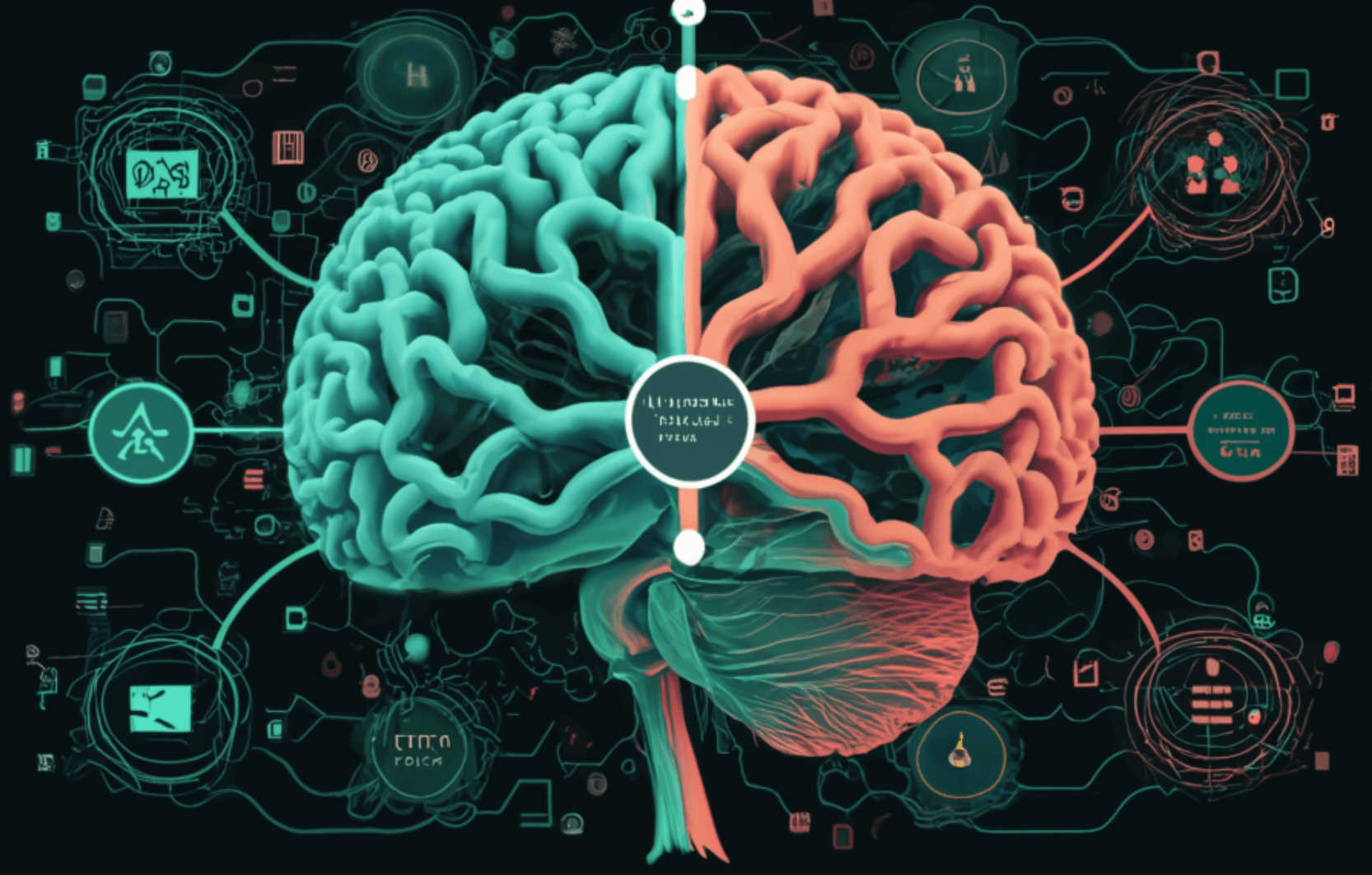The field of Data Science has emerged as one of the most sought-after and lucrative career paths in recent years, offering a unique blend of engineering, mathematics, and business acumen. For engineering graduates in India, transitioning to a career in data science is both practical and rewarding. Here’s a step-by-step guide to help you embark on this exciting journey.

1. Understand the Role of a Data Scientist
Data scientists analyse and interpret complex datasets to extract meaningful insights. Their work often involves:
- Developing predictive models using machine learning.
- Cleaning and organising data for analysis.
- Using tools like Python, R, and SQL for coding and statistical computations.
- Presenting insights through data visualisation tools such as Tableau or Power BI.
A strong foundation in problem-solving, programming, and statistics—skills most engineers already possess—makes engineers well-suited for this role.
2. Develop Relevant Technical Skills
To succeed in data science, you must master specific tools and technologies. Start by focusing on:
- Programming Languages: Python and R are the most widely used. Python, in particular, is valued for its simplicity and extensive libraries like Pandas, NumPy, and Scikit-learn.
- Database Management: Learn SQL to manage and query large datasets effectively.
- Machine Learning: Familiarise yourself with algorithms like linear regression, decision trees, and neural networks through frameworks such as TensorFlow or PyTorch.
- Statistics and Mathematics: Brush up on probability, statistics, linear algebra, and calculus, as they form the backbone of data analysis.
Free and affordable resources like Kaggle, Coursera, and edX offer excellent courses tailored for beginners.
3. Gain Hands-On Experience
Practical experience is critical to becoming a proficient data scientist. You can:
- Work on Projects: Build real-world projects like recommendation systems, fraud detection models, or sentiment analysis.
- Participate in Competitions: Platforms like Kaggle and Analytics Vidhya host data science competitions, providing exposure to real-world datasets and challenges.
- Internships: Many Indian firms and startups offer data science internships that give valuable industry experience.
Creating a portfolio showcasing your projects and skills can help you stand out to potential employers.
4. Pursue Advanced Certifications
While not mandatory, certifications can validate your expertise and boost your CV. Popular options include:
- Google Data Analytics Professional Certificate.
- IBM Data Science Professional Certificate.
- PG Programmes in Data Science from reputed Indian institutes like IITs, IIMs, or ISB.
Some engineering graduates also opt for a master’s degree in data science or analytics for a deeper understanding and better career prospects.
5. Stay Updated and Network
The data science field evolves rapidly. Stay current by:
- Following blogs, webinars, and online communities such as Towards Data Science or Reddit’s r/datascience.
- Attending meetups and conferences like PyData and Data Science India.
- Networking with professionals on LinkedIn for mentorship and job referrals.
6. Seek Entry-Level Roles
Entry-level roles like data analyst, business analyst, or junior data scientist can serve as stepping stones. Many Indian companies, including TCS, Infosys, Flipkart, and startups, are actively hiring data professionals. Tailor your resume to highlight relevant skills and projects.
Transitioning to a career in data science is a promising opportunity for engineering graduates in India. With a systematic approach—developing technical skills, gaining practical experience, earning certifications, and networking—you can successfully switch to this dynamic and high-demand field. As industries across sectors embrace data-driven decision-making, your skills as a data scientist will be instrumental in shaping India’s digital future.
[[ This article, How do I become a data scientist? – Initially published on Collegelib in 2024.]]